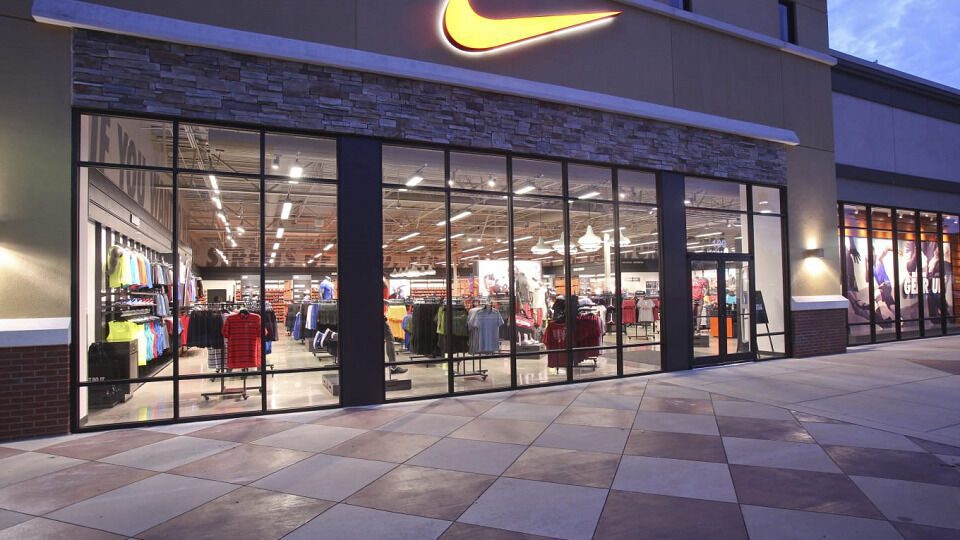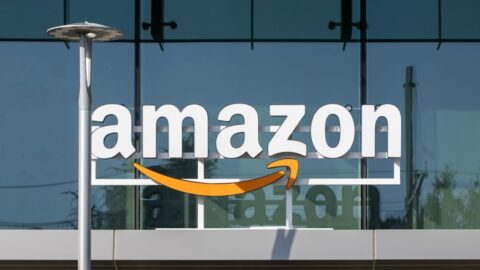Nike has reportedly closed its accounts with DSW, Urban Outfitters, Shoe Show, Dunham’s Sports, Olympia Sports and Big 5 Sporting Goods as the retailer pulls out of specialty retailers and department stores, according to Forbes and other media outlets. Macy’s will no longer receive products directly, but the Finish Line at Macy’s business will still carry Nike items.
These aren’t the first retailers to lose Nike as a supplier. The shoe retailer reportedly closed its wholesale accounts with Fred Meyer, Zappos, Dillard’s, City Blue, VIM, EbLens, Belk, Bob’s Stores and Boscov’s in August 2020. Nike also ended its status as a first-party seller on Amazon in late 2019, showing that the brand is not afraid of severing ties with even the largest retailers.
Nike has been steadily growing its own DTC channel over the past decade: in 2011, DTC generated $3 billion, representing 16% of gross sales; by 2020, those numbers soared to $12.4 billion, accounting for 35% of gross sales, according to Forbes.
Nike is well-positioned to benefit from the additional exclusivity generated by sharing its brand with only select retailers. The shoe brand is planning to expand its own brick-and-mortar footprint with 30 additional stores in the second half of 2021. Nike also is an expert when it comes to experiential retailing: the retailer has operated an app-enabled flagship store in New York City since 2018, and it has plans for 150 to 200 smaller-format, digitally enabled mono-brand stores in the works.
Nike isn’t the only apparel retailer with a strong wholesale presence looking to put a renewed emphasis on its DTC operations. Adidas is divesting Reebok and putting an emphasis on online sales of its flagship brand, with the goal of doubling online sales by 2025. Additionally, Adidas expects that DTC will account for half of total net sales and generate more than 80% of targeted topline growth by this time.













